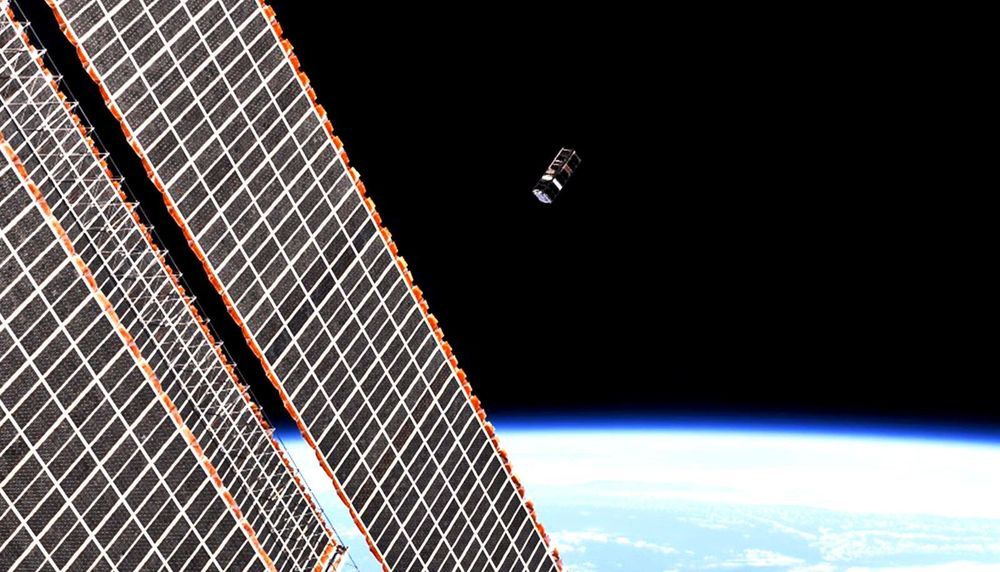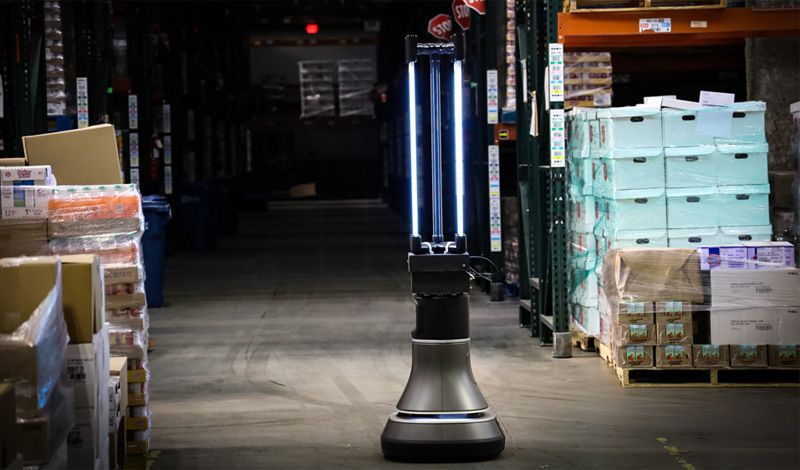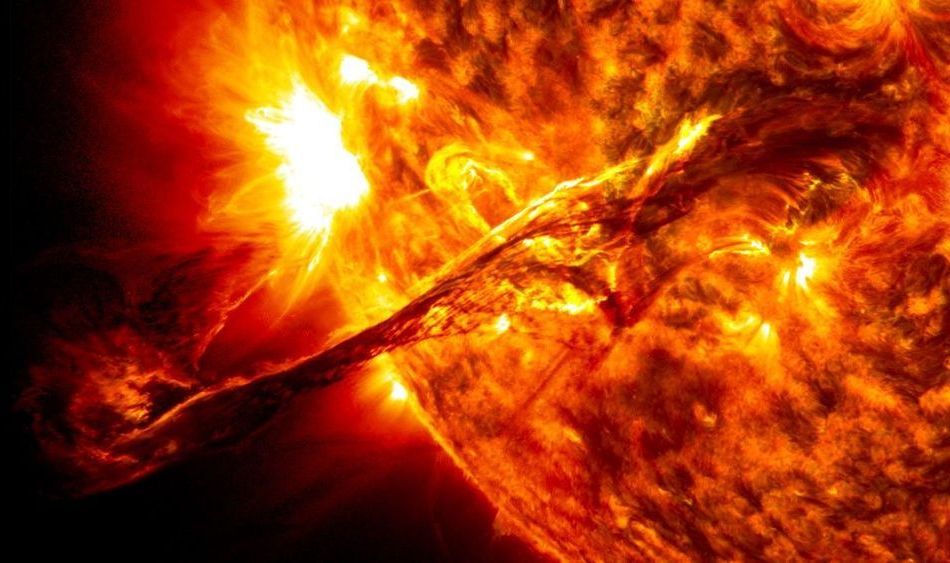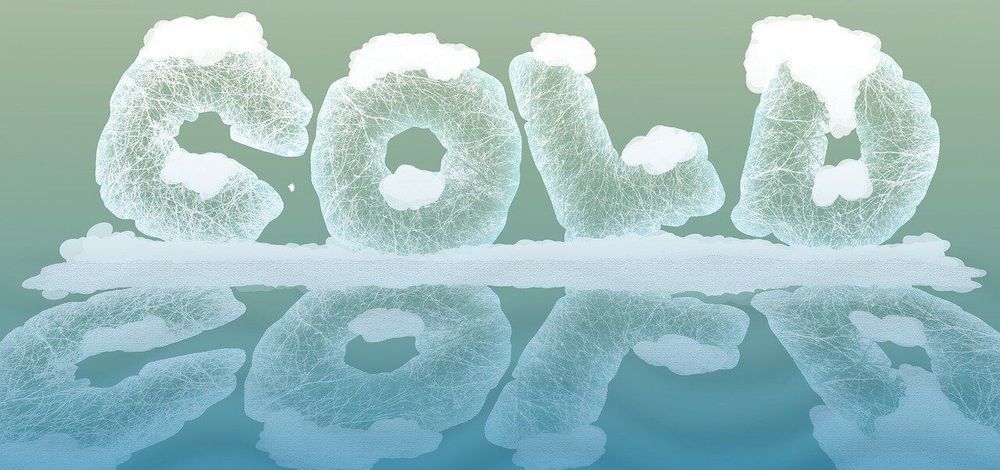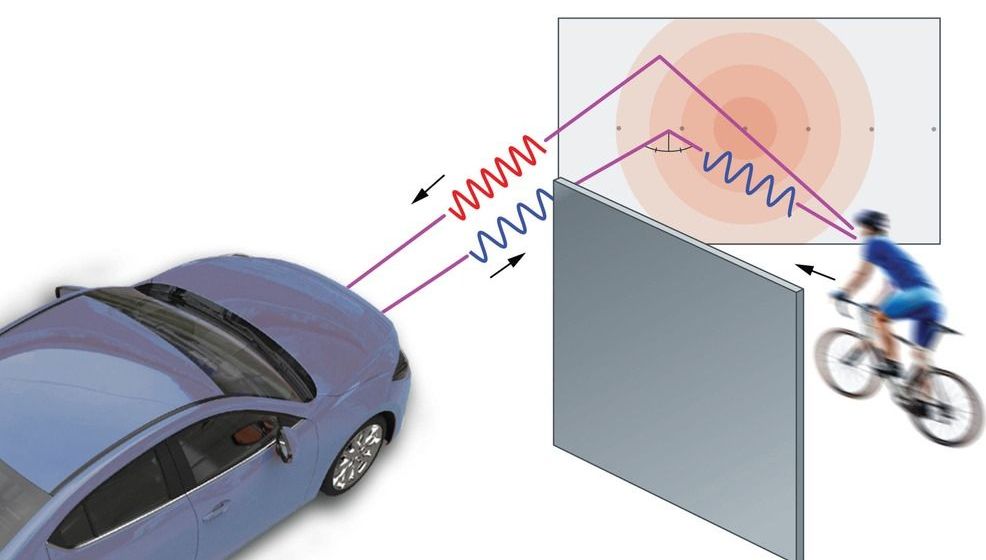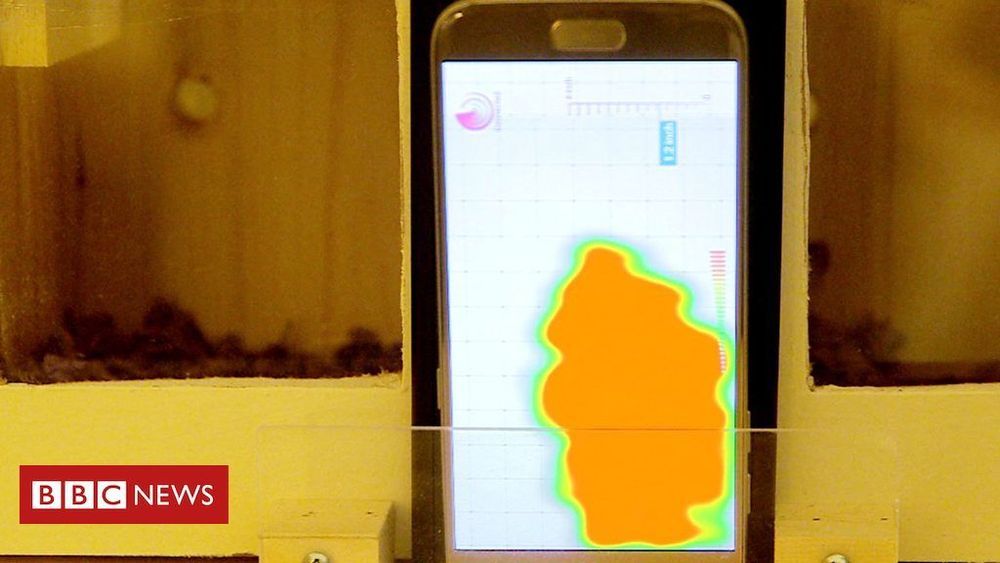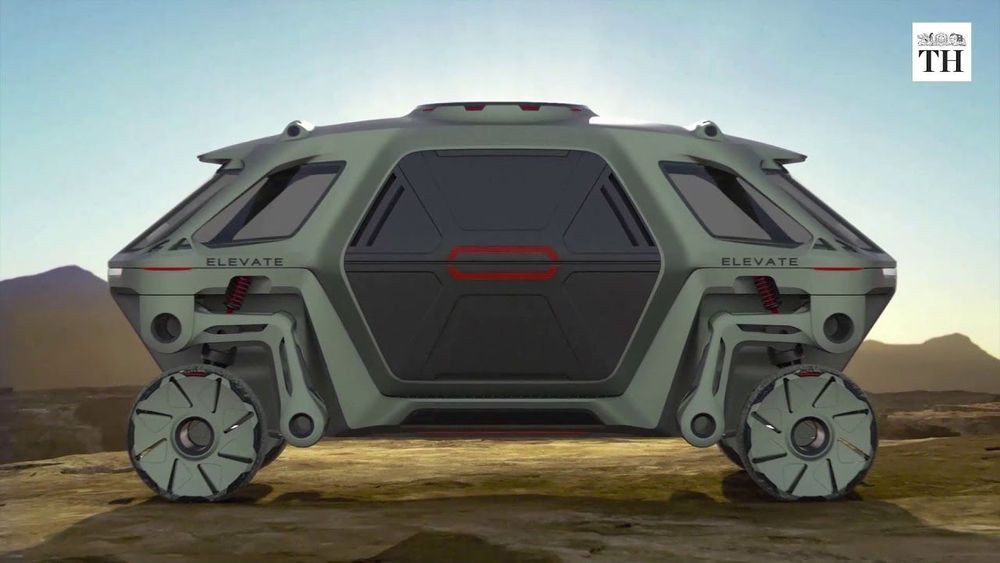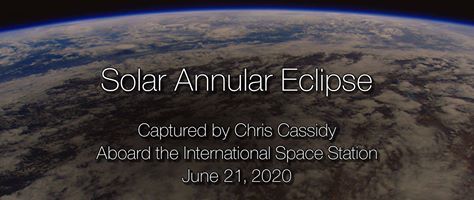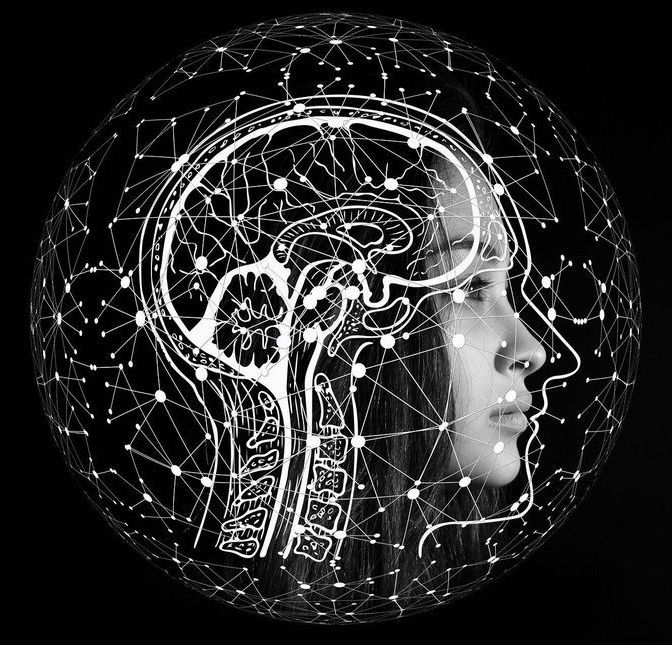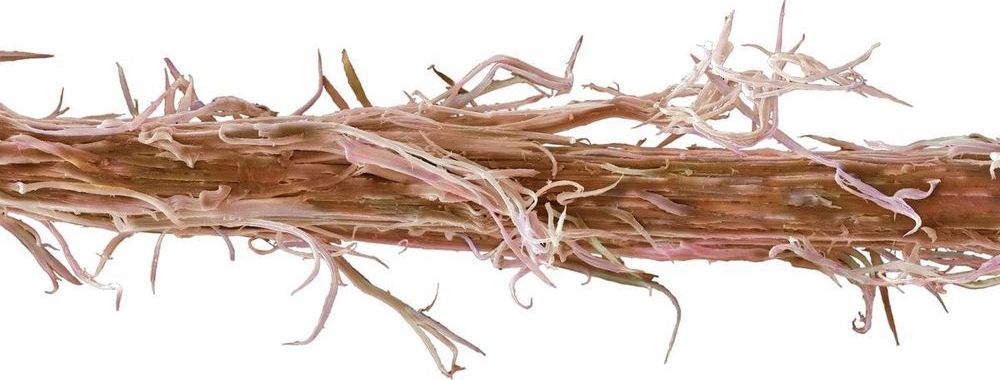Tiny satellites could be the key to a global quantum internet network. That could mean internet from space on Earth, and communication between spacecraft.
U.S. researchers have designed a new robotic system that kills the vast majority of surface microorganisms, using UV light.
Satellite operators could be doing more harm than good by shutting down their systems whenever a coronal mass ejection (CME) from the Sun is forecast to arrive at Earth, UK researchers have suggested. Mathew Owens, Mike Lockwood and Luke Barnard at the University of Reading show that the speeds and magnetic field intensities of the bursts could be just as important to consider as their arrival times when deciding when to turn satellite systems off. If applied, their ideas could significantly improve the efficiency of many satellite operations.
Originating from the Sun’s dynamic surface, CMEs are high energy bursts of plasma that travel through interplanetary space, accompanied by strong magnetic fields. When they interact with Earth’s atmosphere, they can trigger solar storms that cause severe damage to satellite systems if they are operating at the time. To predict these disruptions, astronomers measure the speed at which CMEs travel through space to make accurate forecasts of when they will arrive at Earth.
Currently, many satellite operators adopt a “better safe than sorry” approach when responding to these forecasts. Whenever a CME is predicted to arrive, they will completely shut down their systems to avoid any damage. However, the Reading trio argue that these current early warning systems do not account for a simple yet crucial fact: while all solar storms are triggered by CMEs, not all CMEs cause in damaging events.
Ever tried defrosting your dinner by popping it in one identical freezer after another? Strange as it sounds, recent studies of indefinite causal order—in which different orders of events are quantum superposed—suggest this could actually work for quantum systems. Researchers at the University of Oxford show how the phenomenon can be put to use in a type of quantum refrigeration.
Tesla provided the first clues that radar could be trained to do more than just detect objects straight ahead. After the death of Joshua Brown on a Florida highway in 2016, Tesla tore up the Autopilot software created by MobilEye and pivoted from a camera-based to a radar-based system. In the process, it learned how to bounce radar signals under the car directly ahead to “see” what the next car in line was doing. That way, if a truck or SUV is blocking the view of the road ahead, a Tesla with the updated system could still detect if a car further up the road slowed or braked unexpectedly and take appropriate action.
Hyundai unveiled the first look of a vehicle with robotic legs that will let it walk or crawl over treacherous terrain.
Hyundai Elevate can roll along on extended legs or retract them to be driven like a car. Extended legs could also be used to climb or crawl while keeping the passenger compartment level.
Watch the video to know more.
Astronaut Chris Cassidy captured a solar eclipse in 4K from the space station as it passed approximately 260 miles over China on June 21, 2020.
The recent killings of unarmed individuals such as George Floyd, Breonna Taylor, Ahmaud Arbery and Tony McDade have sparked a national conversation about the treatment of Black people—and other minorities—in the United States.
“What we’re seeing today is a close examination of the hardships and indignities that people have faced for a very long time because of their race and ethnicity,” said Kyle Ratner, an assistant professor of psychological and brain sciences at UC Santa Barbara. As a social psychologist, he is interested in how social and biological processes give rise to intergroup bias and feelings of stigmatization.
According to Ratner, “It is clear that people who belong to historically marginalized groups in the United States contend with burdensome stressors on top of the everyday stressors that members of non-disadvantaged groups experience. For instance, there is the trauma of overt racism, stigmatizing portrayals in the media and popular culture, and systemic discrimination that leads to disadvantages in many domains of life, from employment and education to healthcare and housing to the legal system.”
The Kingsley team pored over genetic data repositories, searching for places in the genetic code near the KITLG gene that tell the gene what to do. They found a location in the DNA where proteins known as transcription factors bind to the sequence and carry out the instructions specified in the code.
They discovered that if the nucleotide guanine holds that spot, the transcription factor cannot bind as tightly to the DNA as when another nucleotide (adenine) is in the same position. This simple alteration – replacing A with G in the DNA sequence – reduces the expression of the gene and, ultimately, changes the colour of the hair.
Guenther’s blue-flecked mice prove that the Kingsley group found the spot on the genome that informs hair follicles how much melanin to incorporate into hair.
